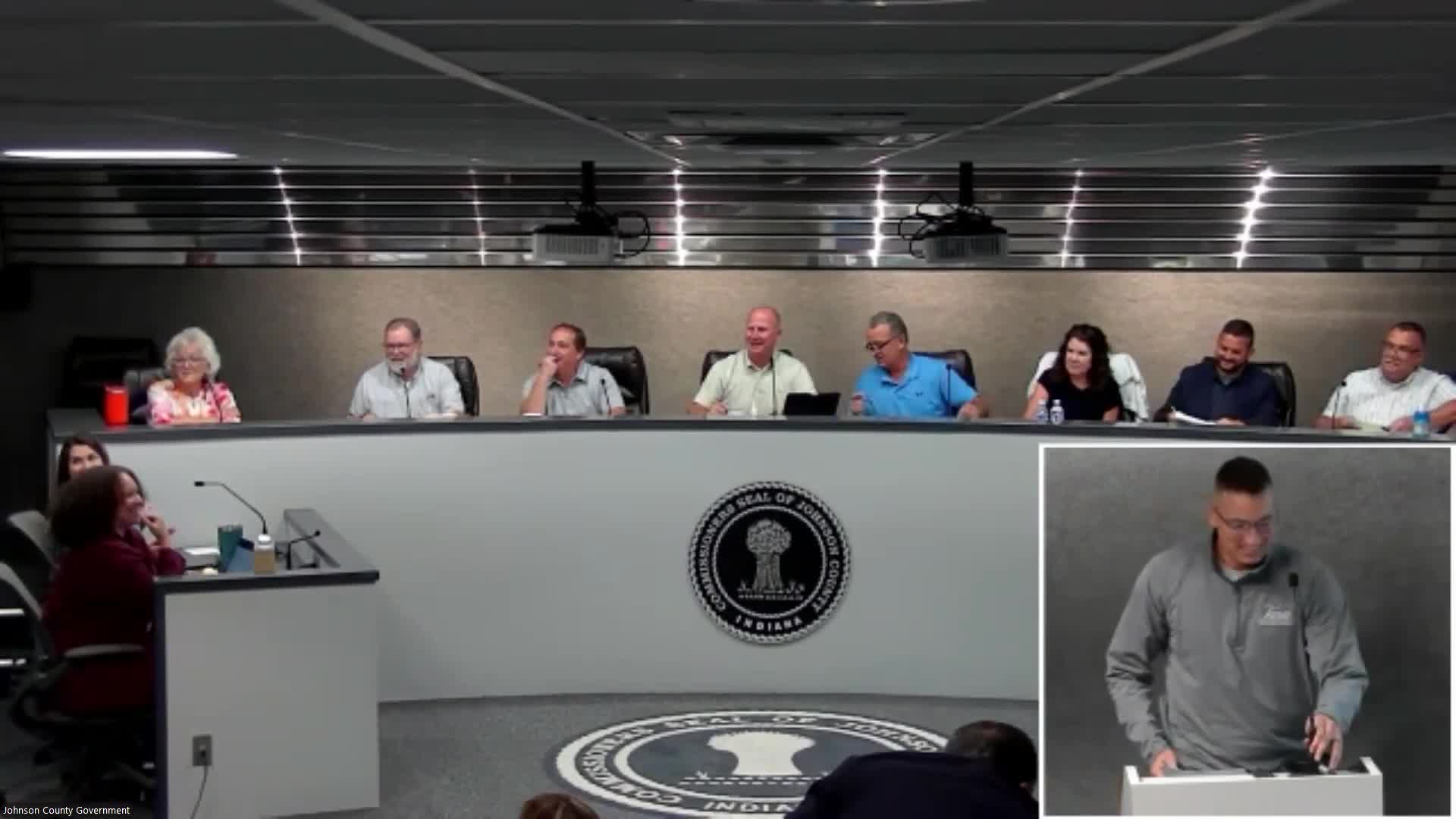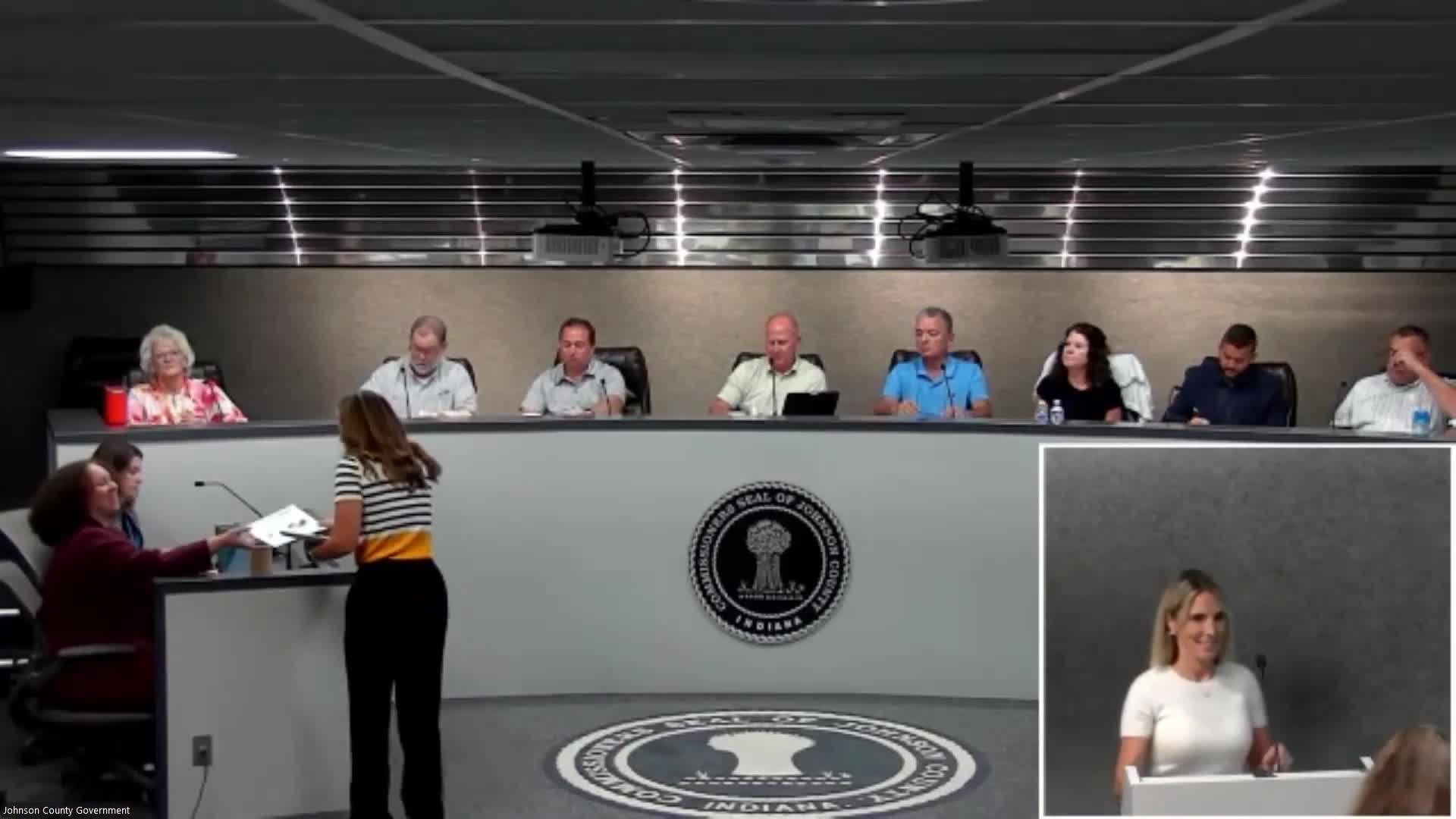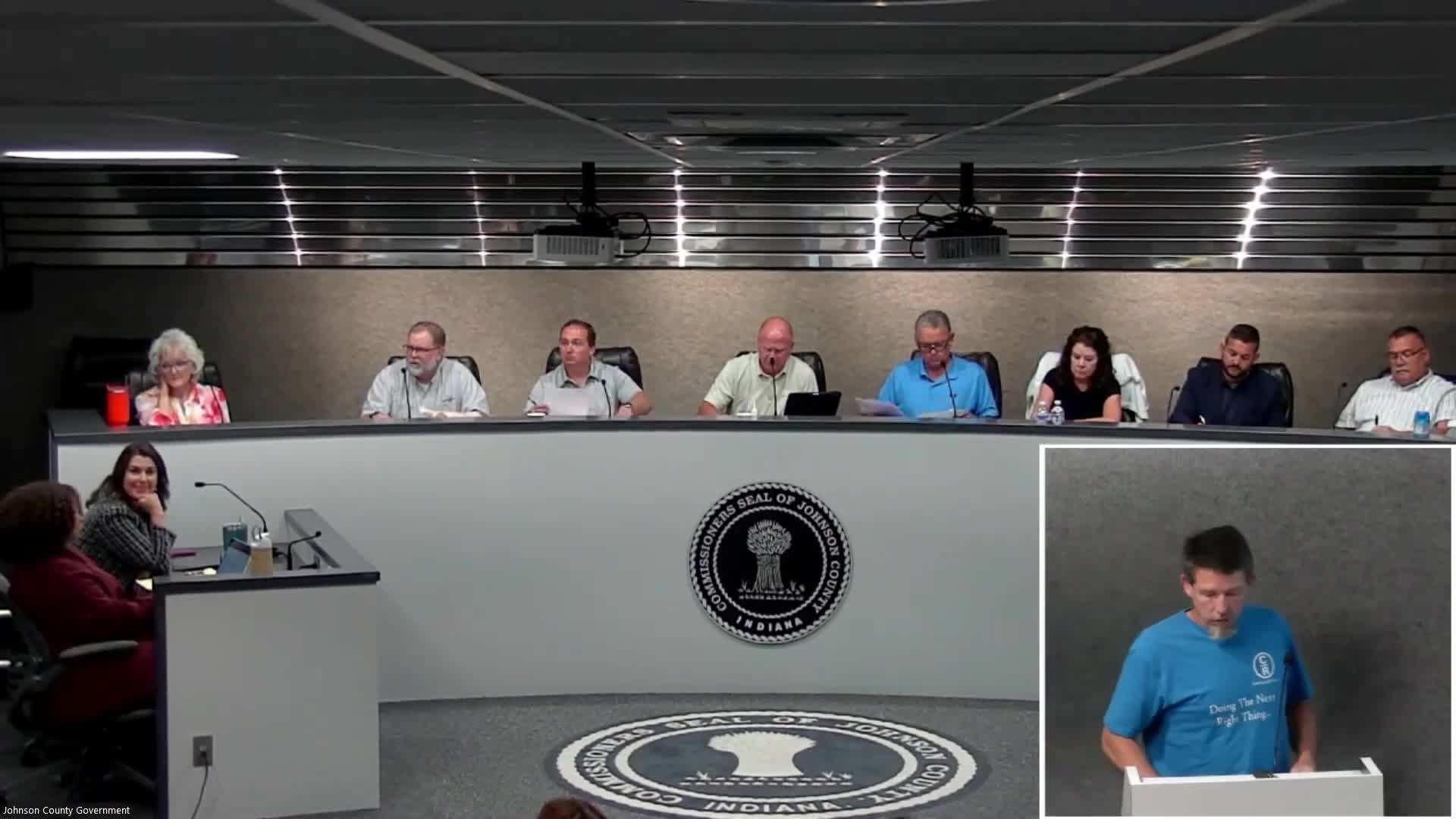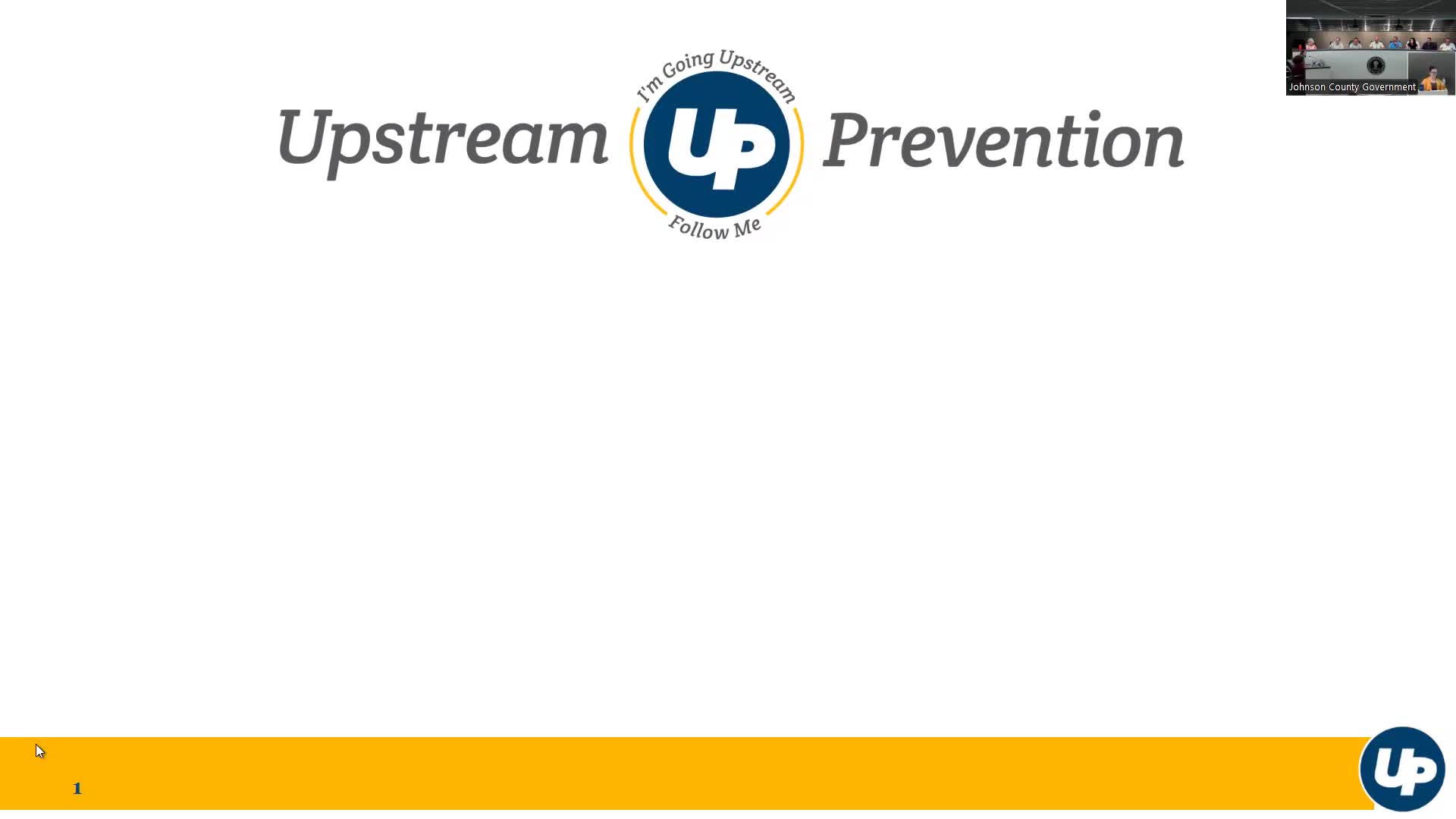Article not found
This article is no longer available. But don't worry—we've gathered other articles that discuss the same topic.

Terra Treatment Center proposes staff additions to expand outpatient treatment, say they can serve 100 more clients annually

Infants in Bloom reports early progress, seeks matching funds to expand home‑visit care for opioid‑exposed infants

Edinburg support group seeks childcare, youth curriculum and van to expand recovery services

